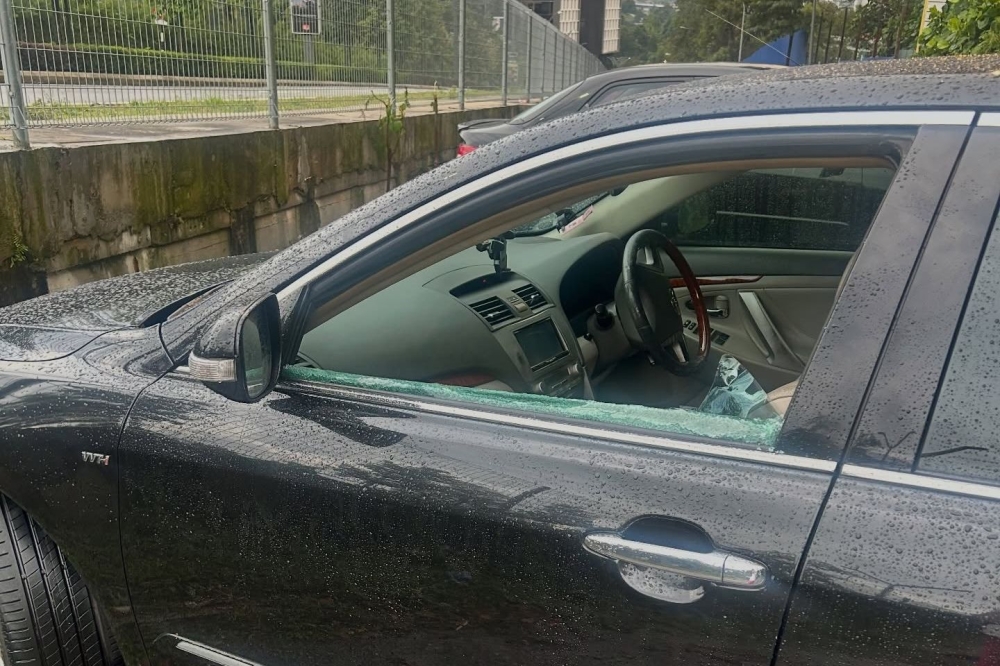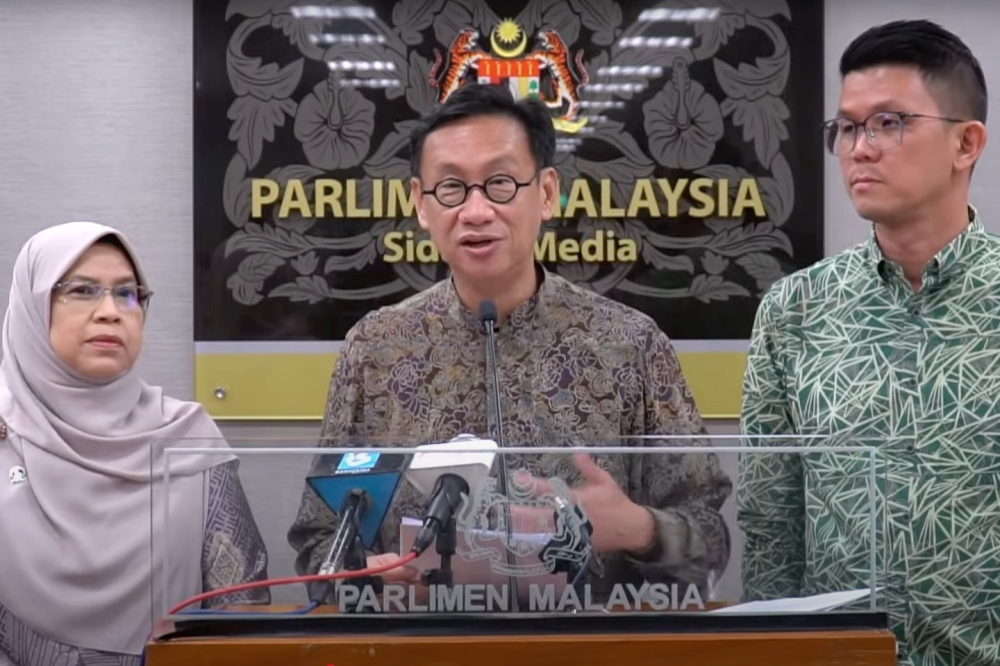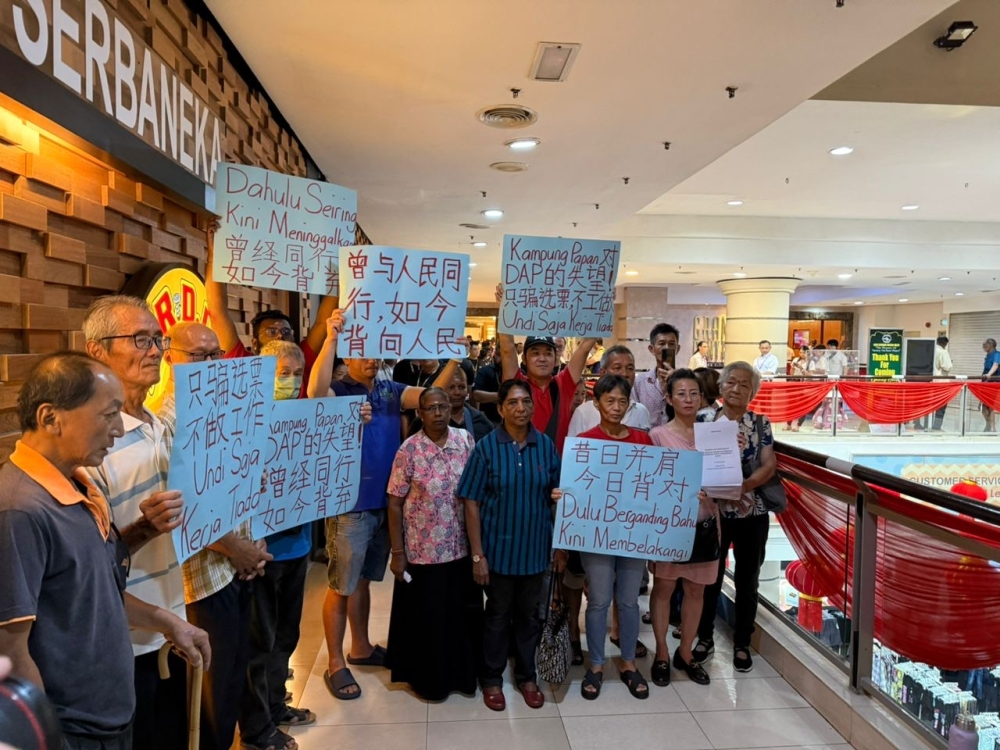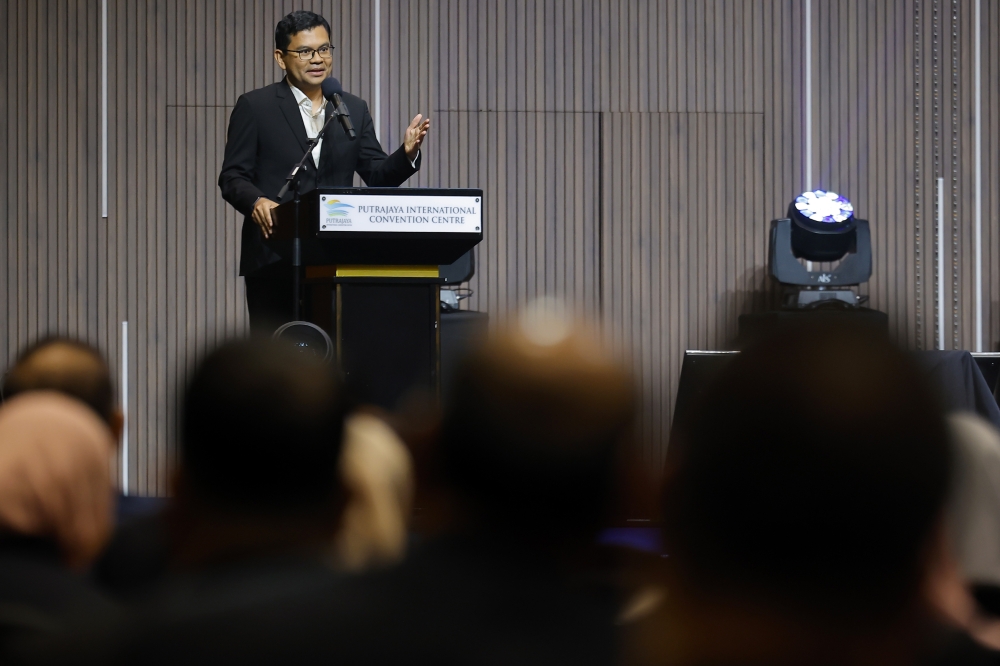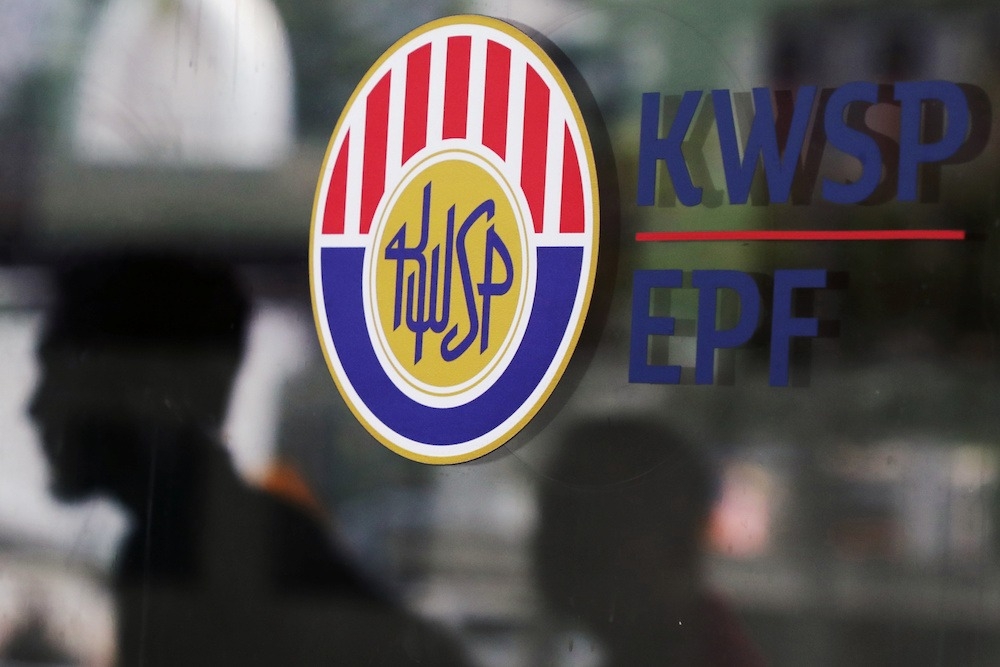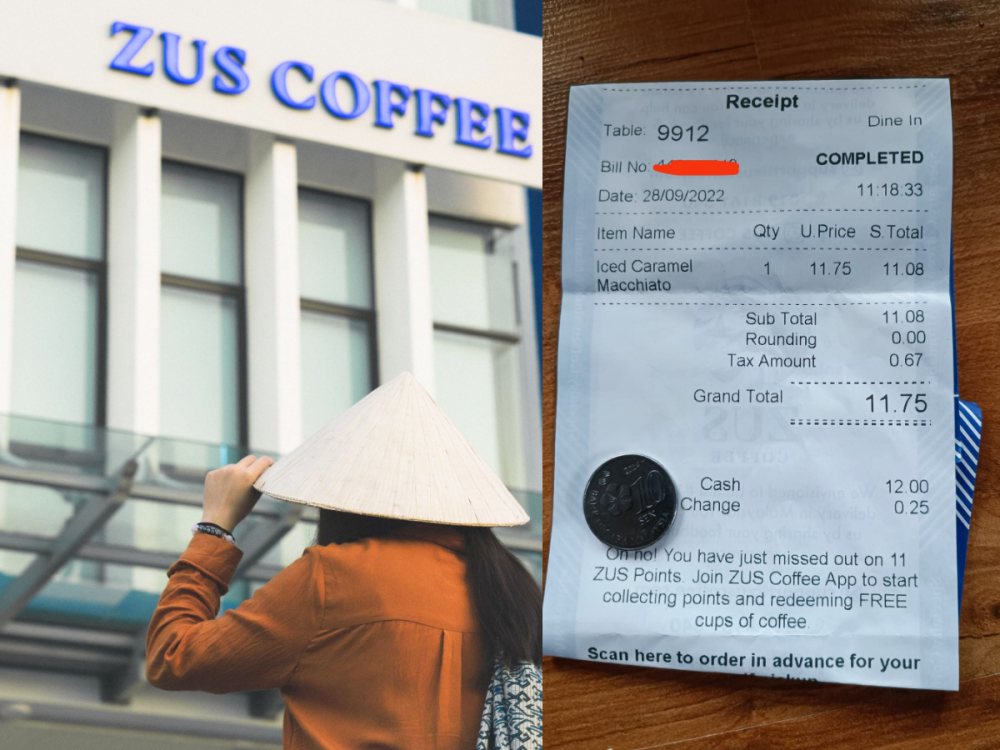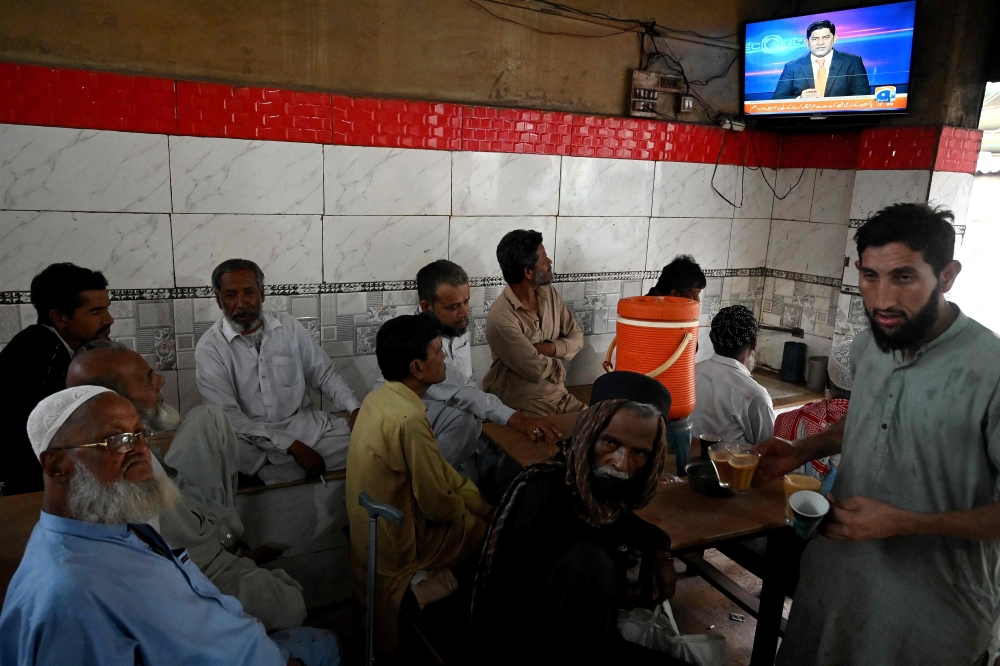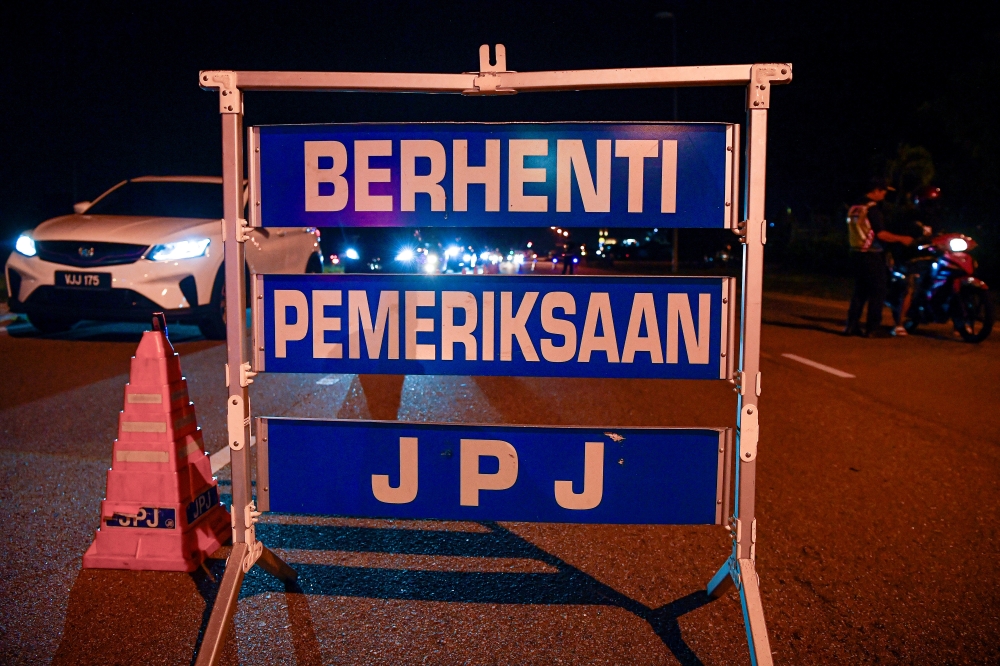KUALA LUMPUR, Oct 2 — It may have only been a five-sen change for some, but local coffee chain retailer ZUS Coffee has come under social media users for their dismissive response.
It all began when a Facebook post by user Fdaus Ahmad detailed his experience at one of ZUS Coffee’s branches in Tanjung Malim, Perak.
He wrote that he had bought a RM11.75 cup of coffee and paid RM12.00 for it.
He was surprised when the cashier told him that they were out of five sen coins and proceeded to only give him a 20 sen change instead — five sen short of the change he should have received.
Fdaus then responded to the cashier saying that he should’ve received 30 sen instead of 20 sen as the coffee shop was the one who was short on change.
“No, I’m not trying to be fussy, but the issue here is not about the five sen, 50 sen or RM50 value — it’s more on the gentleman principle between a seller and a customer.
“Imagine if I paid RM11.70 for the RM11.75 coffee and just simply said sorry and told you that I’m five sen short, how would you feel?” Fdaus wrote in the post.
The cashier then proceeded to give him an additional 10 sen.
Fdaus’s post which was shared on Wednesday garnered over 18,000 likes and has been shared over 7,000 times on Facebook with social media users agreeing with him that it’s the responsibility of the shop owners to provide enough change for their operation.
Some however were called Fdaus fussy while others were seen making fun of Fdaus for not going cashless.
Following Fdaus’ post, ZUS Coffee chief operating officer Venon Tian apologised for the incident and released a detailed statement regarding the five sen fiasco on ZUS Coffee’s social media yesterday after conducting an immediate investigation.
The statement came in with a CCTV timestamp of the incident along with their plan of action which includes to ‘remove all five sen denominations in their next menu cycle’.
We understand that the recent 5 cents issue have raised concerns among netizens. pic.twitter.com/C1IU9UE3BQ
— ZUS Coffee® (@ZusCoffee) October 1, 2022
Tian via the statement also concluded that the issue was about a customer sharing his opinion rather than a short-change issue.
“Based on the findings above, we can conclude that this was a case of customer highlighting despite a mere five Sen, a business should return the exact change, or more, never short-change-as part of business ethics and principle, which our team member did almost immediately.
“We do not see this as a case of short-changing but highlighting of personal opinion which all businesses should adapt,” he said in the statement.
Prior to the statement, on September 30, ZUS Coffee had acknowledged Fdaus’s post and had introduced a new 75 sen off voucher code for the inconveniences they caused.
Both the voucher code and statement did not sit well with local social media users.
“The math is simple here. How many times you didn’t return the 5 sen to any customers? And yet you still had the audacity to mock us with the 75 sen token. You need to remember that every word and action you take will be stamp forever in this internet world,” Twitter user P. replied to the Tweet.
“I am not that good in English, but writing “a mere five sen” for me is just like sorry but not sorry. Like saying five sen is not that important. Showing how arrogant you are as a person,” Twitter user Popo said.
“Sometimes silly mistakes will bring you down. Bear in mind, recession is just around the corner. Hasta la vista,” replied user Md_Faiq.
The coffee chain retailer is also getting flak for another one of their tweets on October 1 where they shared CCTV footage of the whole incident.
Previously in April, ZUS Coffee had been under the limelight for recalling their Soya Cincau Cake after a customer with Crohn’s disease found mould in the pastry.
The brand reached a settlement with the customer, agreeing to compensate her with free drinks for a period of time, as well as medical compensation for any health issues that may arise from the incident.
They also released a statement outlining plans to maintain food safety, including an investigation at the outlet involved; identifying potential gaps that may have contributed to the issue; as well as action plans for suppliers and vendors to improve their processes.


